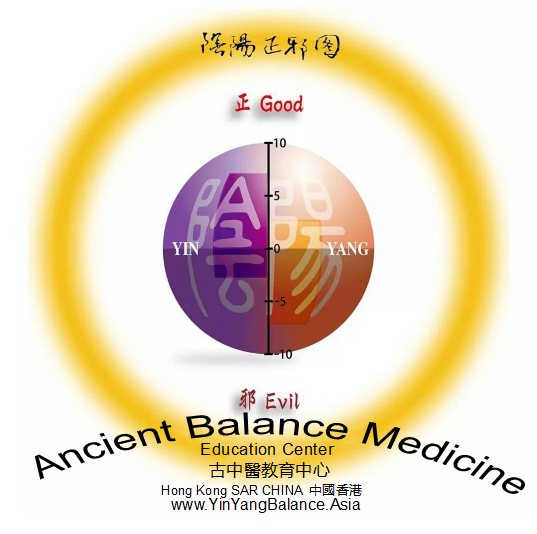ISSS2021 Workshop: Active and Healthy Systemic Ageing – how to fail gracefully systemically 活躍及健康老齡化 – 怎樣優雅地衰敗
2021 June 15 0 By Tomas 黃炎Papernumber: 3803
Title of Paper
Active and Healthy Systemic Ageing – how to fail gracefully systemically (workshop)
Name of Author(s)
TSL WONG
Shankar SANKARAN
Dennis FINLAYSON
Deeanna BURLESON
E C Yan HUANG
Text of abstract
Active and healthy ageing has been investigated by the World Health Organisation WHO and governments in many countries. If anything is an open system, then the Elderly system could not be closed! Hence we need to investigate the possible and important connection between the Elderly system and other systems. A healthy society would require a dynamic balance among different sub-systems and the environment.
We would like to investigate the problems that have risen from the reductionistic close system perspective, including age discrimination, elder abuse, capitalism biases against socialism, youth biases against elderly, social isolation, city migration, elderly rights vs youth duties, and such like.
Common solutions that have been suggested so far include more government funding, more subsidies, more emphasis on elderly human rights, etc. However, we wish to investigate the more systemic perspectives and strategies that involve a shift of the dynamic balancing point among systems to improve the overall performance of the human society system. This would involve systemic wisdom from different SIGs including especially Action Research, Balancing Individualism and Collectivism, Systemic Approaches to Crises and Disasters, Health and Systems Thinking, Leadership and Systemic Innovation, Living Systems Science, Organisational Transformation and Social Change, Science Spirituality and Systems Science, Socio-Ecological Systems & Design, Systemic Ethics, Student SIG, etc. Systemic scientists from different SIGs could work together to address issues such as youth-elderly system, retirement society, population structure, ethical balance between rights and duties, ancient culture re-establishment, climate change strategies for elderly, smart city structure, robotics caring system, local-national-regional-global super systems balancing, etc.
The human body will fail eventually with ageing, but systems scientists have the responsibility to implement systemic strategies that could help the elderly to fail gracefully and systemically. Healthcare is not only about the physical body but also involves Mental, Emotional, Behavioural, and Spiritual aspects, as suggested by the five-elements systemic healthcare system, body-mind-spirit healthcare, and the physical-mental-social healthcare of World Health Organisation WHO. It follows that the retirement plan should not only involve a financial plan but also a learning plan for all of these healthcare aspects. Considerations should not be only from western medicine’s point of view but also from that of Traditional Chinese Medicine, Ayurveda Medicine, Homeopathy, Vipassana meditation, religious groups, etc. The performance of the society or companies should not be accessed only from the economical perspective, but also from that of social, ethical and cultural. The youth-elderly relationship should be a more mentor-successor relationship on different levels from family, organisation, country, and all the way to the whole world. Our rights have been over emphasised against duties and it is time for us to redress the dynamic balancing point between Individualism and Collectivism. Ancient family and society structures could serve as examples for reference for systemic change. Confucius said “Greed is the worst of all unwholesome deeds, filial piety is the foremost among all wholesome deeds.” (萬惡淫為首,百善孝為先). Buddhism has a classics Śukasūtra (佛為首迦長者說業報差別經) that taught us the important merits of filial piety.
Innovation arises from the emergence of new systems supported by various observers. Your involvement is of utmost importance.
Supporting Agencies:
Ancient Balance Medicine Research and Education Fund Foundation Ltd. 古中醫科研教育基金會;
Citizen of Macau SAR of China 中國澳門市民.
About The Author
Research Engineer, Health Educator. 研發工程師,養生教育工作者.

 古中醫學會心對心
古中醫學會心對心 微博 炎黃子孫共振中醫
微博 炎黃子孫共振中醫 古中醫教育中心面對面
古中醫教育中心面對面 古中醫教育中心 Our Website
古中醫教育中心 Our Website